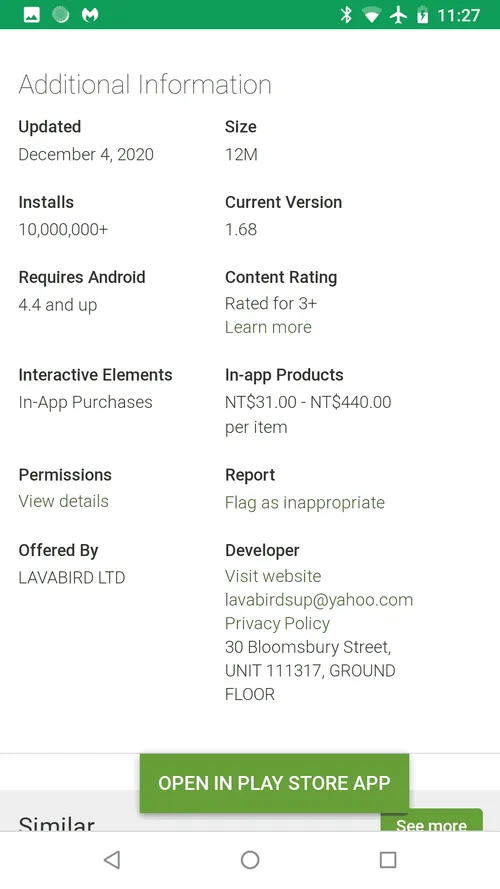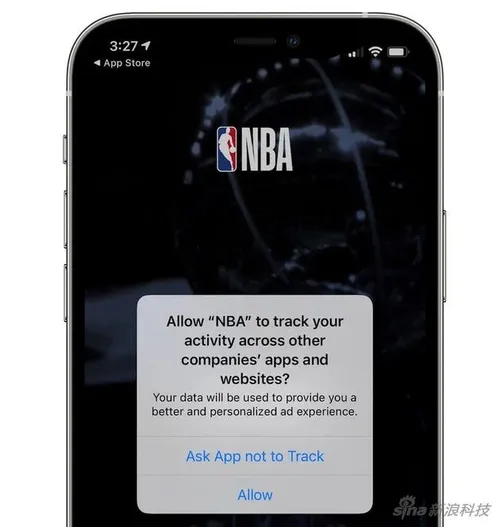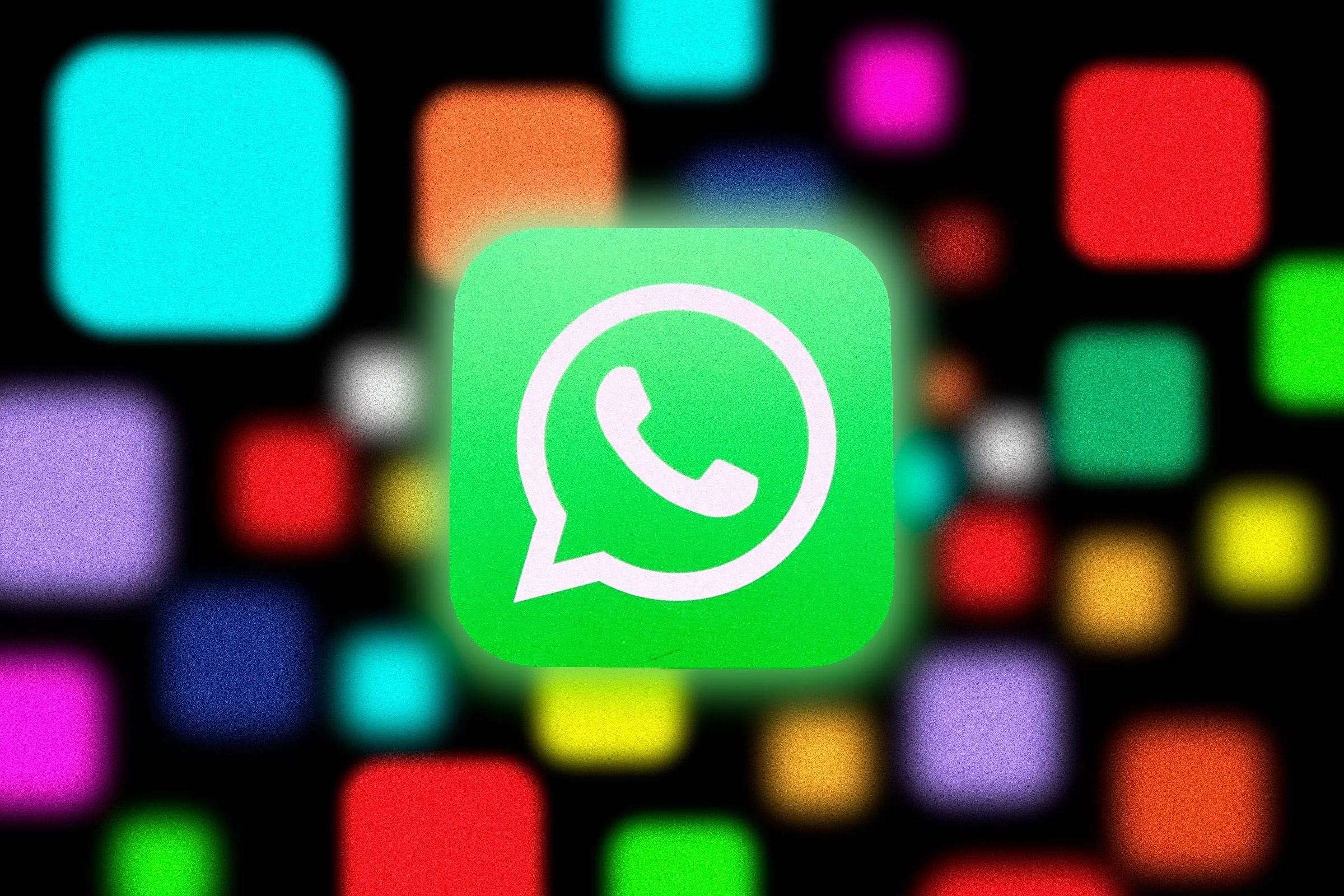Popular Android app with 10 million installs turned into adware
androidTuesday, 09 February 2021 at 07:53

Digital security experts at MalwareBytes have discovered that a popular Android app called Barcode Scanner has turned into adware that opens its own browser and displays intrusive ads.
The developer of the barcode scanner application is Lavabird Ltd., which has successfully distributed it through the Google Play store for several years. For several years the application has received a good reputation, it has been downloaded and installed more than 10 million times.

The app was even part of the Google Play Pass program, which allows Android users to pay $4.99 per month or $29.99 per year to install unlimited apps at no additional cost. The subscriber and up to five members of the group/family could use the application at the same time.

Everything changed in December when the developers released another update. After that, the app began to advertise apps for cleaning Android smartphones from unnecessary files and extending the battery life. Yes, this app did delete the files remaining after the removal of other applications; however, users confirmed that the smartphone began to display advertising content too often.
It's worth noting that there are many alternatives on Google Play; and you can use the Google Lens app to scan barcodes, which is available on a large number of smartphones.
Google is considering privacy protection similar to Apple's iOS 14.5
According to a recent report, Google is considering implementing similar privacy requirements for Apple's App. However, in its implementation, it may be less stringent than Apple. Since iOS 14.5, iPadOS 14.5 and tvOS 14.5 (currently in beta), Apple requires developers to obtain user consent in order to track their activities in other applications and websites or access random advertising identifiers for their devices.

When you open an application that you want to track its activities, you will be clearly prompted, and there should be an optional prompt that includes "allow tracking" or "require application not to track".
Although this approach is resisted by advertisers and some App developers, it is very good news for users. Therefore, Google is also considering adding similar measures to its own ecosystem; but relative to Apple's mandatory requirements, they may proceed in a "less strict" manner.
Google Android solution may be similar to Chrome browser cookies removal
According to inside reports, in order to satisfy advertisers while taking into account privacy protection requirements, discussions surrounding the Google Android solution indicate that the solution may be similar to the planned Chrome browser. The company said in 2020 that it intends to phase out third-party cookies in Chrome within two years. Google reiterated the plan earlier this year.
Cookies are a way for websites to track web users and provide them with more personalized advertisements. A Google spokesperson said..."We are always looking for ways to work with developers to improve privacy standards while building a healthy, ad-supported application ecosystem."
Google has a web-based solution called the "Privacy Sandbox". This allows advertisers to target people with similar interests instead of individuals. The report says Google may adopt a similar approach on Android.
At present, the protection of personal privacy has so much attention. In the era of network + big data, manufacturers are also constantly studying new protection methods. For Google, it is harder to actually do this than Apple. Due to its business model, it will need much more data to implement this change. Therefore, it is also an inevitable action to seek a way to balance the protection of privacy and the interests of advertisers.
Apple and Facebook have been at loggerheads because of Apple's latest privacy policies. This policy is bad for advertisers and it may significantly affect Facebook's revenue. Nevertheless, users are quite happy with Apple's decision to prioritize privacy.
Loading





